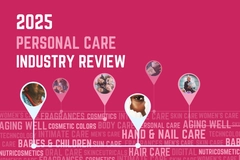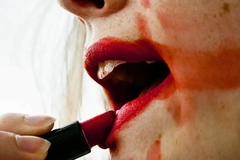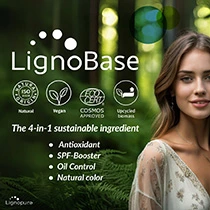Spain intends to classify certain sunscreen chemicals as reprotoxic under EU CLH

04 Jul 2024 --- Spain intends to submit a Classification and Labelling Harmonisation (CLH) for certain sunscreen chemicals as Repr. 1B H360F, meaning they are presumed to be human reproductive toxicants that may damage fertility.
The concerned chemicals include:
- Ethyl 4-dimethylaminobenzoate
- 2-ethylhexyl 4-(dimethylamino)benzoate
- 3-methylbutyl 4-(dimethylamino)benzoate
- Padimate A
Of the four, 2-ethylhexyl 4-(dimethylamino)benzoate is permitted at a maximum concentration of 8%, while others are not listed under Annex VI, list of UV filters allowed in cosmetic products.
If the chemical classifications are accepted by EU authorities and not dismissed by the opinion of the Scientific Committee on Consumer Safety, it could lead to an EU-wide ban on the use of these agents in cosmetics.
According to the material selection platform SpecialChem, 2-ethylhexyl 4-(dimethylamino)benzoate is also known as Padimate O and contains a high SPF concentration ratio compared to UV-B filters used in skin and hair care products. 3-methylbutyl 4-(dimethylamino)benzoate or Padimate A, is also used as a UV absorber in cosmetics.
Meanwhile, the chemistry database of the National Institutes of Health PubChem lists Padimate A as a UV stabilizer and absorber, while ethyl 4-dimethylaminobenzoate is used in antiseptic and dental mouthwashes and rinses, as well as in adhesives for repairing fingernails or attaching artificial nails.
Industry developments
In recent innovations, Symrise launched an ingredient to boost the efficacy of sun care products with a high SPF.
Lubrizol Life Science Beauty unveiled Sunnyworld, a sun care collection designed to integrate sun protection into daily skin care routines.
Meanwhile, Australia and New Zealand’s latest sunscreen standards took effect this month.
By Venya Patel












